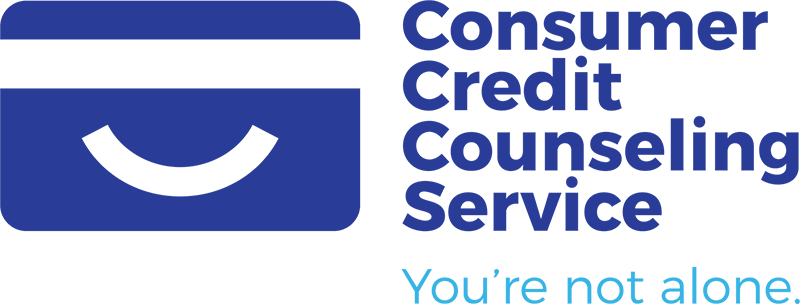Consumer Credit Counseling Service News Articles
Home » News Articles »
Dear Ken: I just finished my federal and state taxes, and I am getting a nice tax refund of more than $3,500. What would you suggest I do with it?
A: First, take a deep breath. If you are like most people, you already have plans for that refund, and you should know that by asking me there probably won’t be anything fun you will get for your money.
With that said, I would suggest looking at your personal financial situation and what options you have available. Then take a look at your financial goals. If you don’t have any goals, now would be a good time to consider some.
Here are a couple of questions and suggestions for you. Do you have any savings for an emergency? If not, that should be a primary consideration. A possible $500 to $2,000 in a savings account will take a lot of pressure off throughout the year in case something unexpected comes along.
Next, you might want to take a look at your debt situation. Do you have balances on your credit cards, and what are the interest rates? Look at the highest interest and pay if off or down. For example, if you have three credit cards each with $2,000 balance and the interest rates are 9 percent, 15 percent and 24 percent, pay off the 24 percent card first and pay the balance on the 15 percent card.
Then next month add to the 15 percent card payment what you would have paid on the 24 percent card. This will allow you to pay off that card faster as well. By doing this, you would probably save $400 to $500 a year in interest on your cards.
If you don’t have any credit card debt, consider making extra principal payments on your mortgage or car loan. Take the example of a 30-year, $100,000 mortgage at 7 percent that you have been
paying on for five years. If you made a $2,000 payment on the principal, you would save $9,580 in interest over the balance of the loan, and pay it off about 18 months earlier. Not a bad return on your tax refund.
One other observation. It appears you are having too much withheld from each paycheck. Many people do this so they have a refund and don’t have to make tax payments. Why not have less withheld
for taxes and have more money throughout the year? This could help accomplish some of those personal financial goals.
Let’s go back to that mortgage. If you would make an extra $100 a month payment on the loan, you could possibly pay off the mortgage in 18 years rather than 25 years, and you could save more than $23,000 in interest. Of course, you won’t want to apply extra to the mortgage until you have those credit card balances paid off.
Look at all of your options, consider your goals and then decide how you would spend your tax refund.

